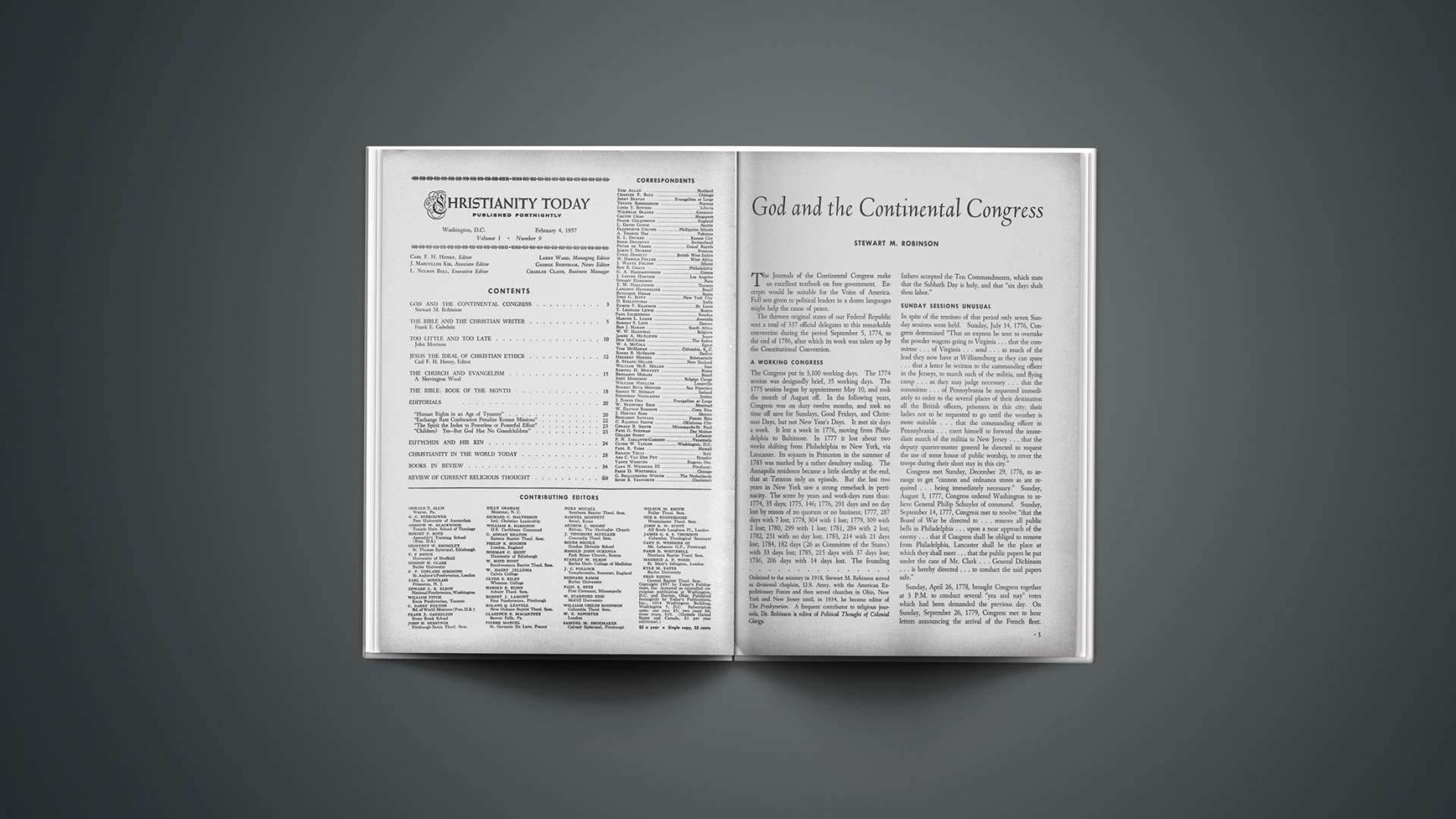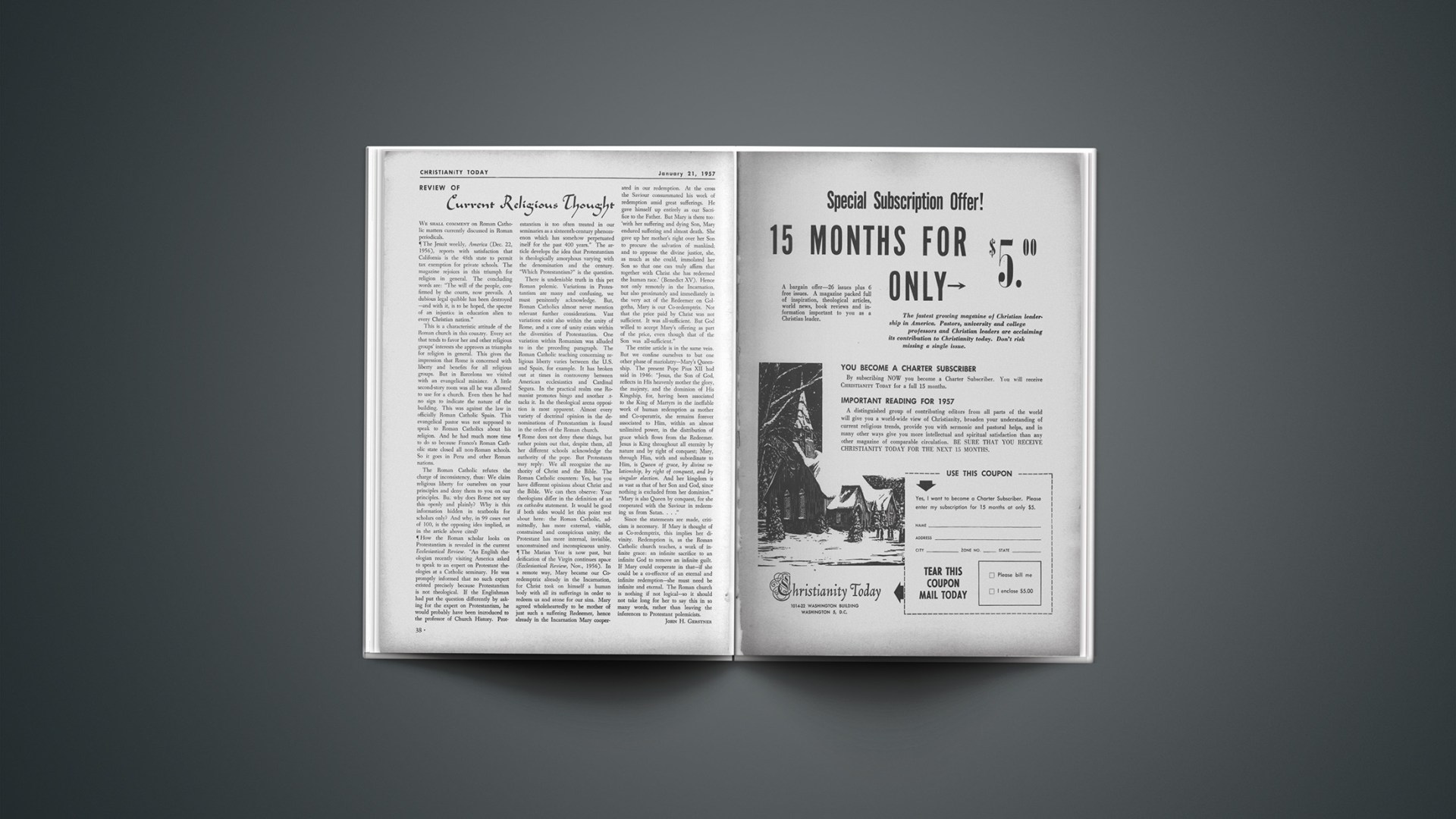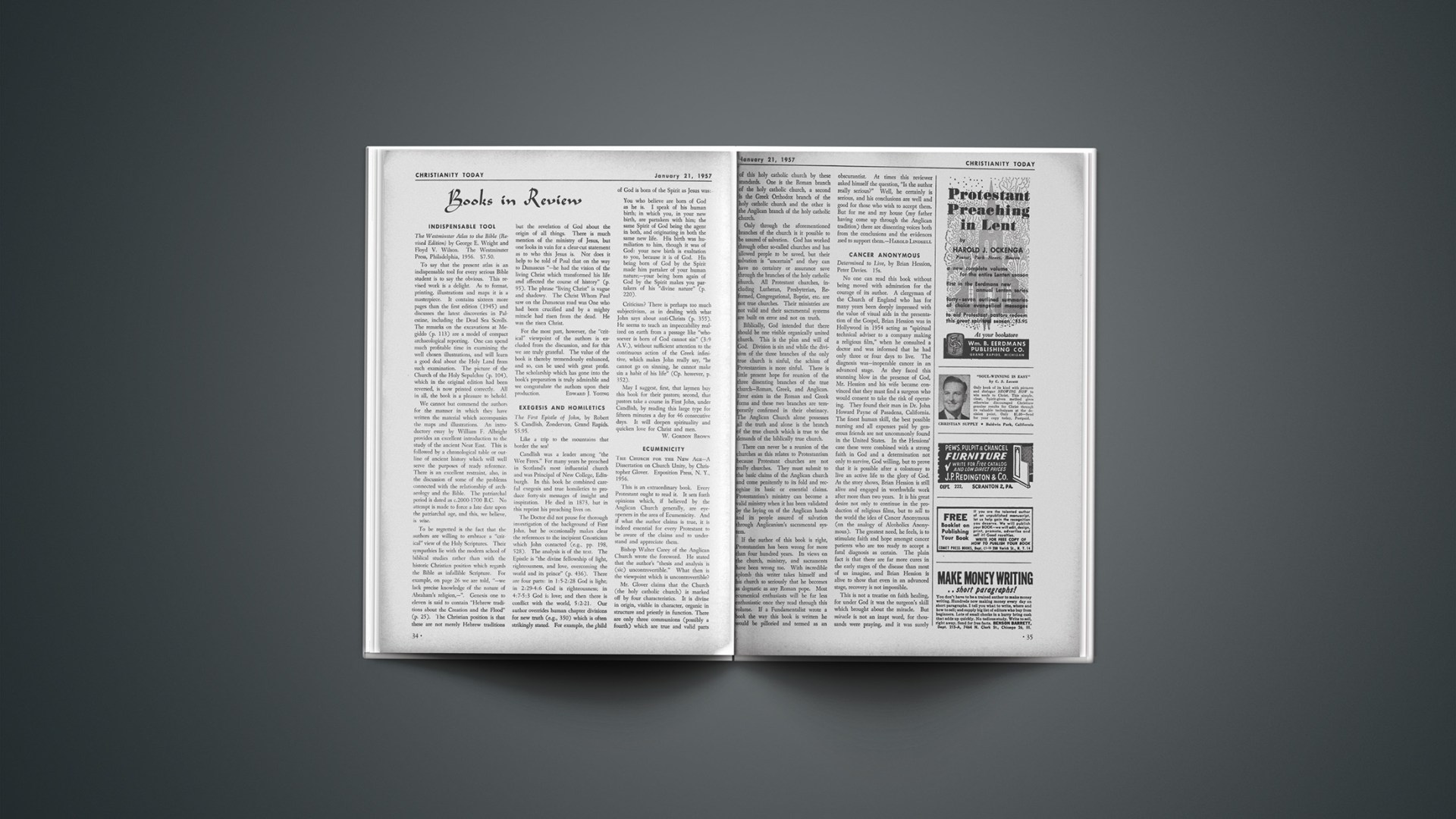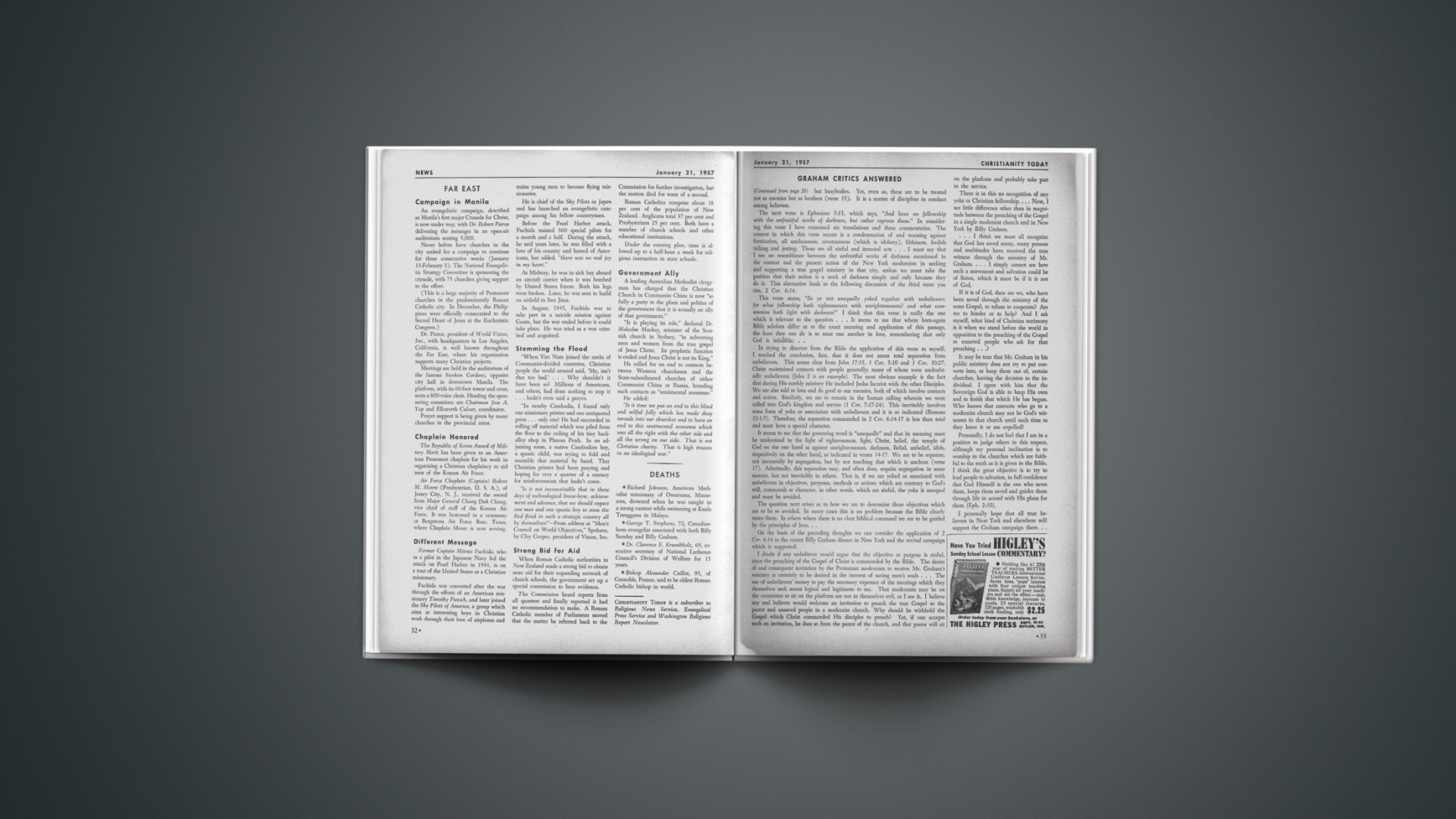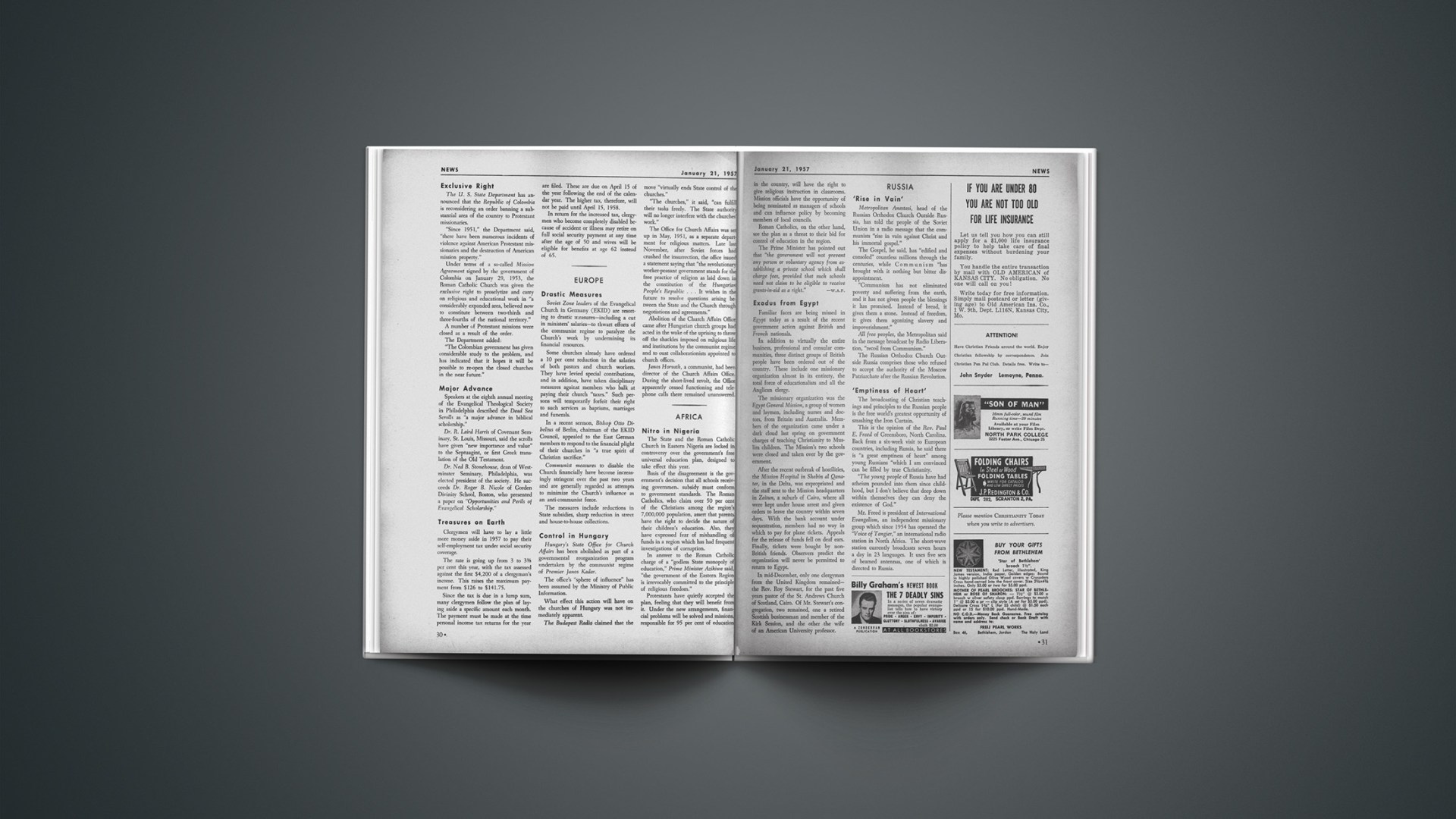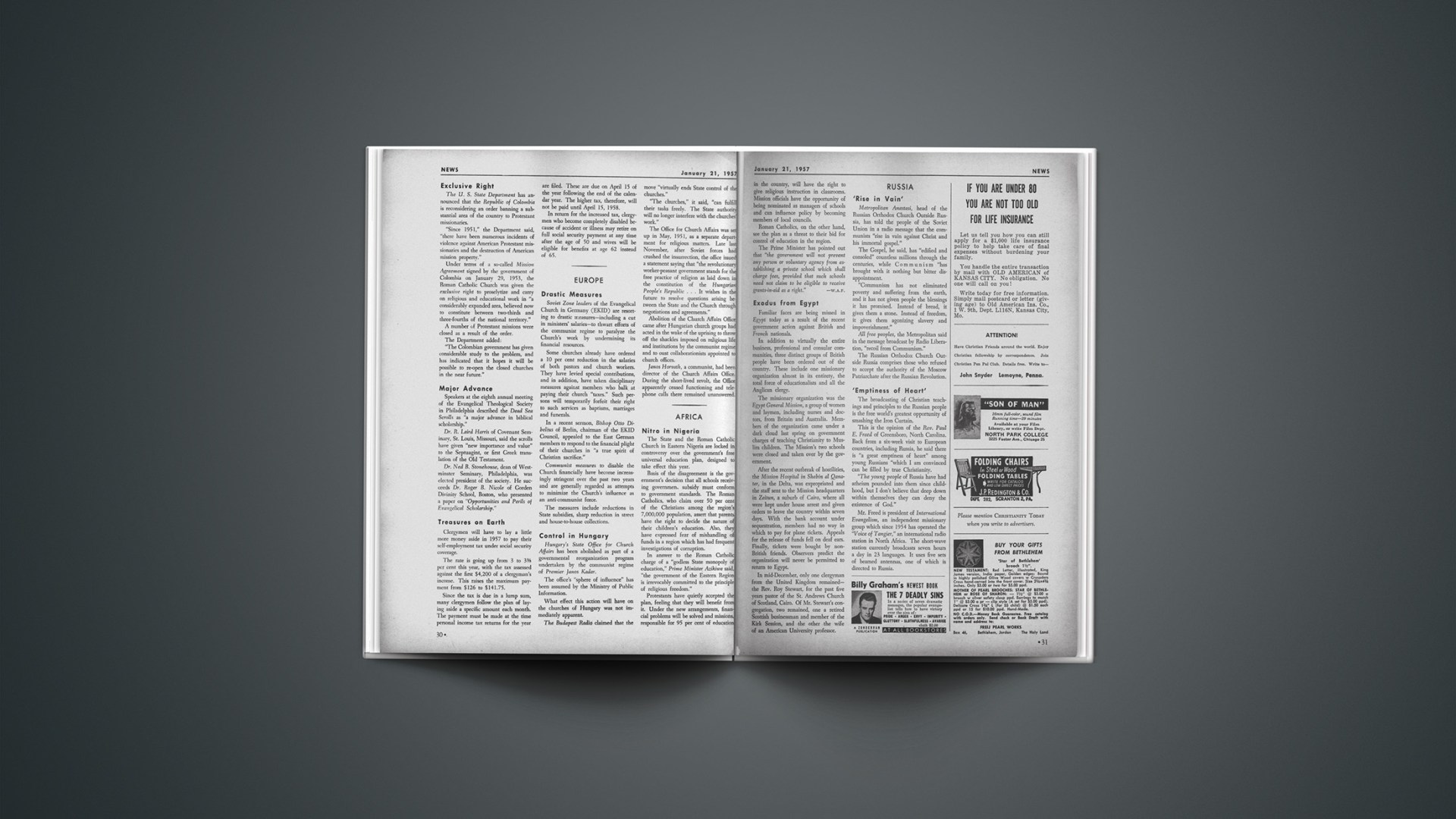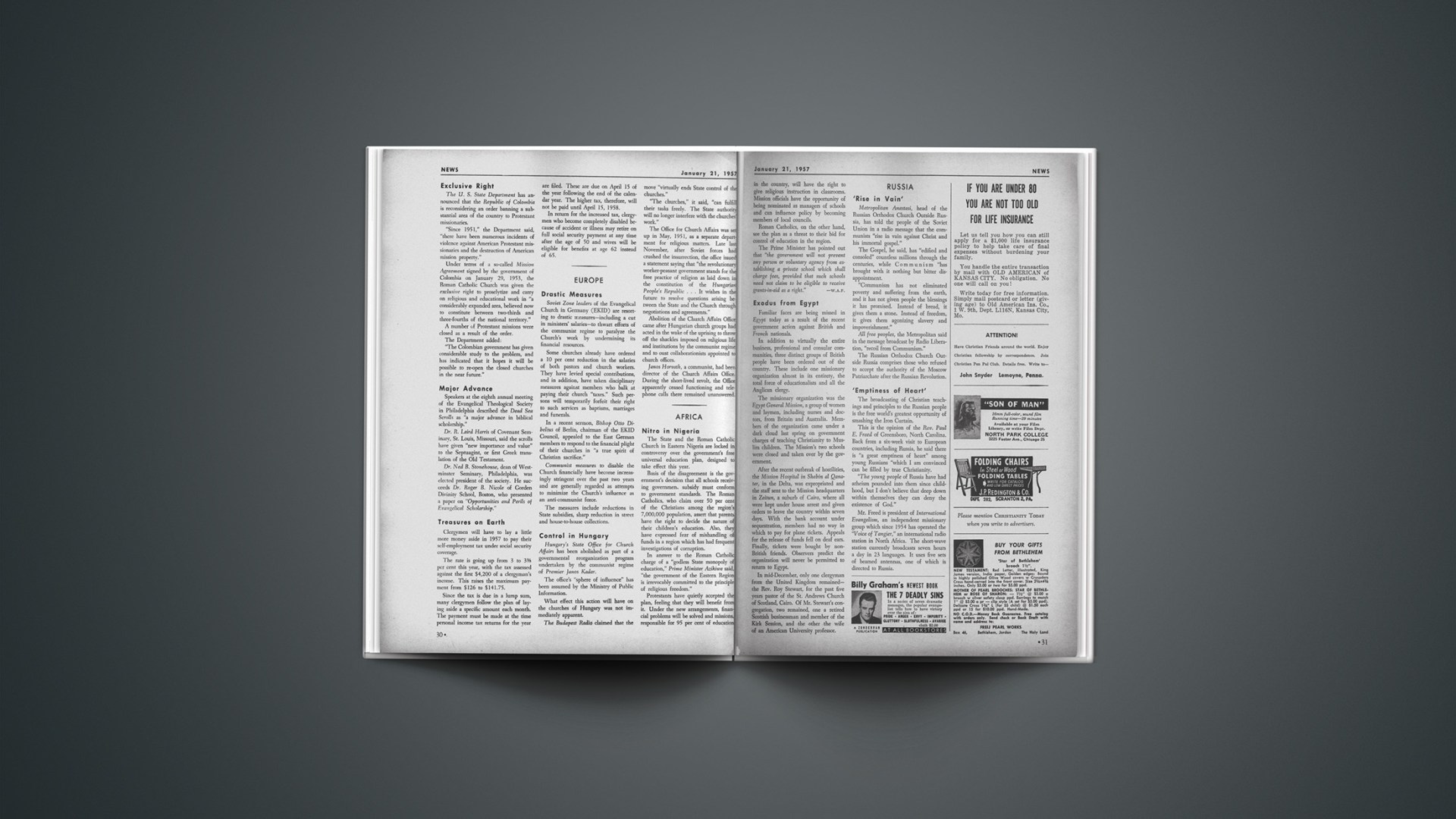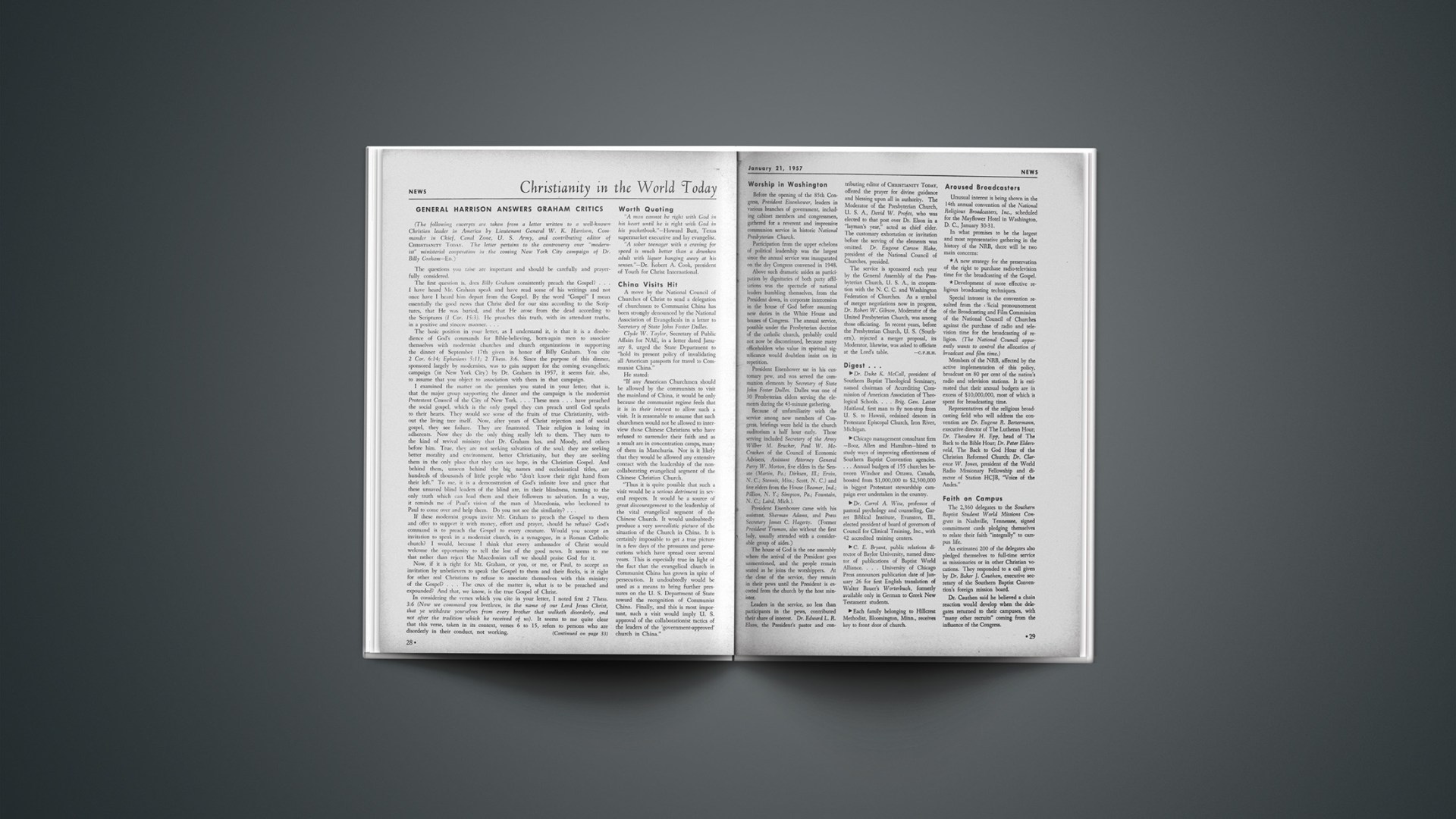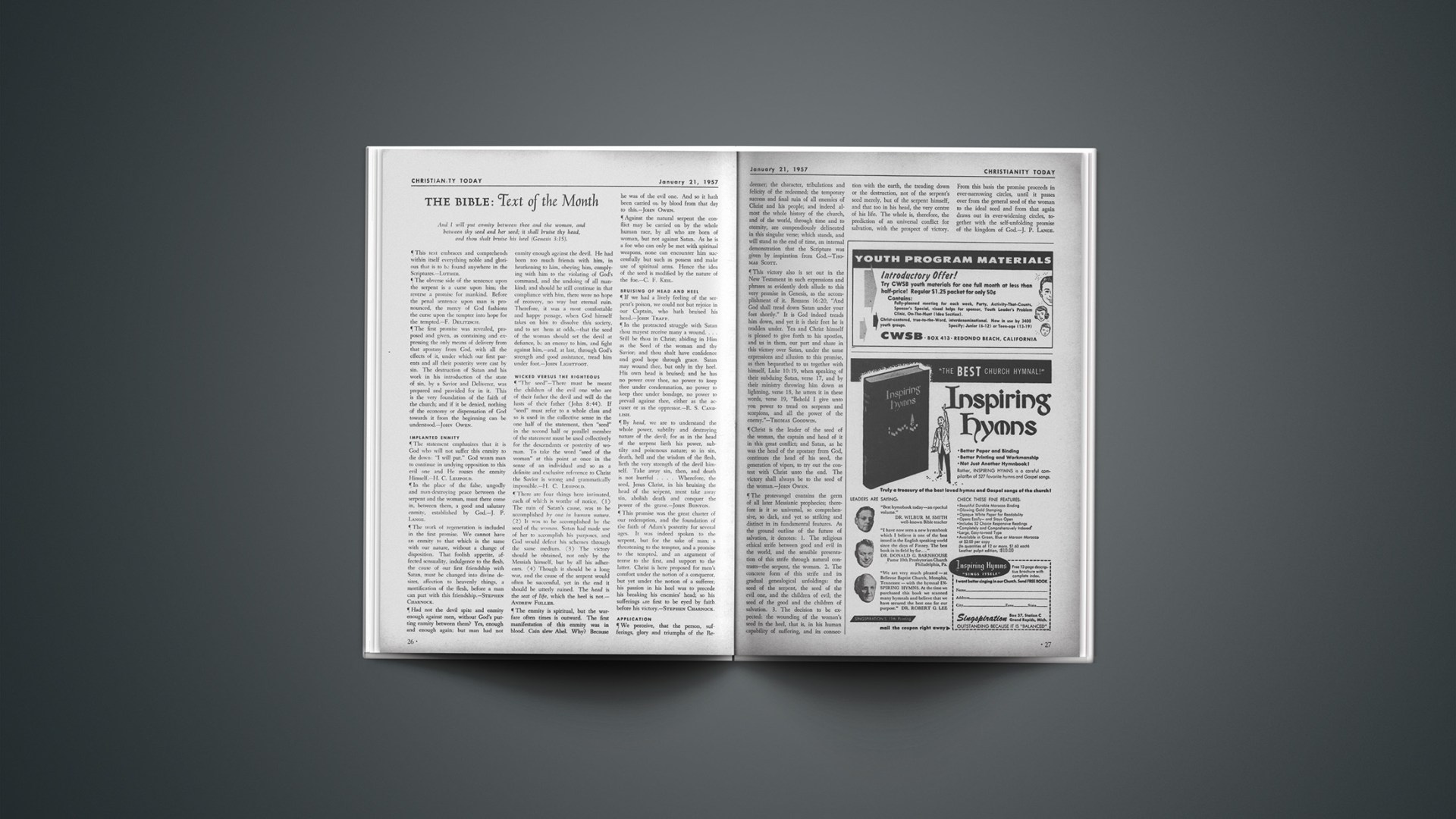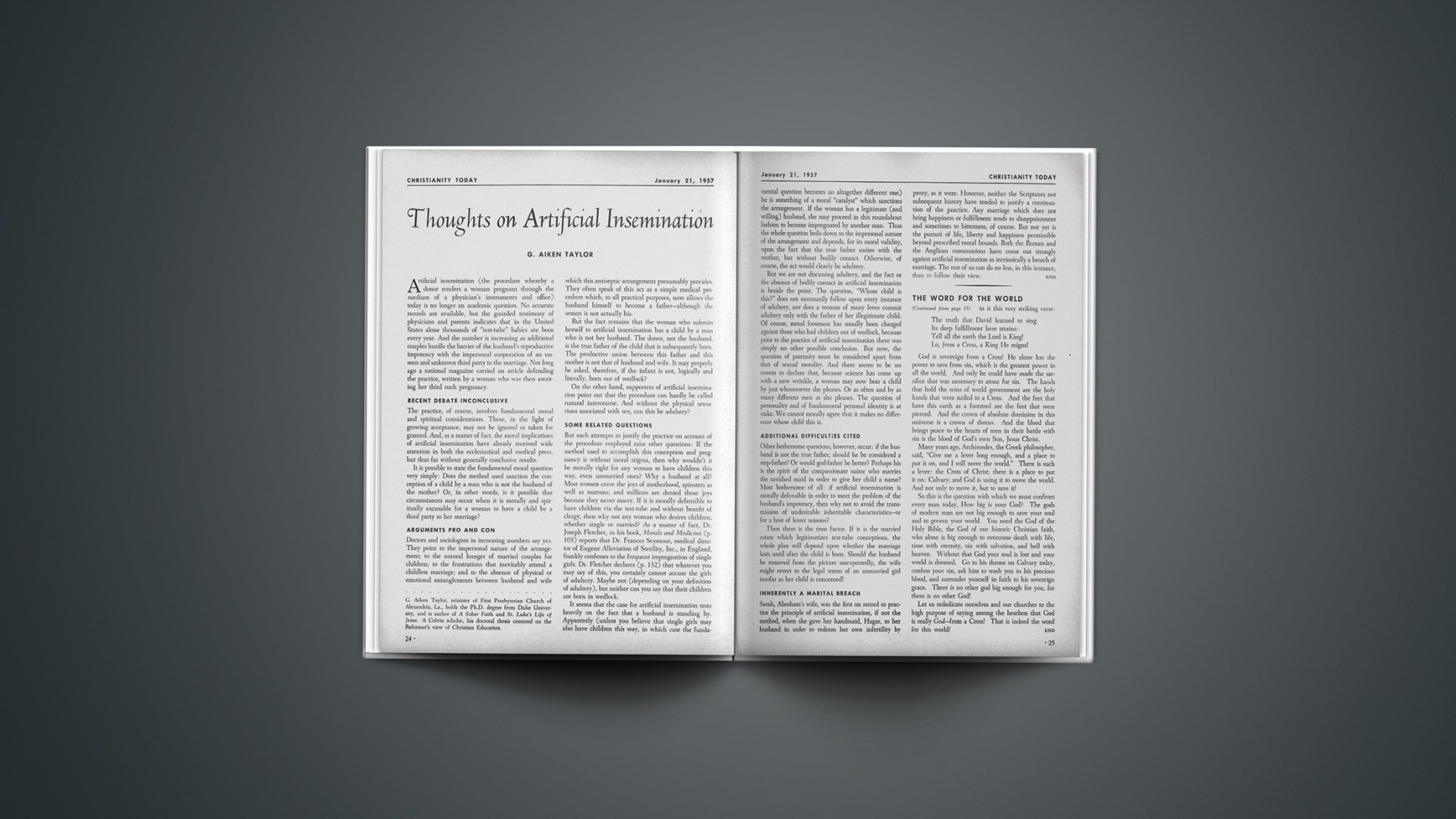The Journals of the Continental Congress make an excellent textbook on free government. Excerpts would be suitable for the Voice of America. Full sets given to political leaders in a dozen languages might help the cause of peace.
The thirteen original states of our Federal Republic sent a total of 337 official delegates to this remarkable convention during the period September 5, 1774, to the end of 1786, after which its work was taken up by the Constitutional Convention.
A Working Congress
The Congress put in 3,100 working days. The 1774 session was designedly brief, 35 working days. The 1775 session began by appointment May 10, and took the month of August off. In the following years, Congress was on duty twelve months, and took no time off save for Sundays, Good Fridays, and Christmas Days, but not New Year’s Days. It met six days a week. It lost a week in 1776, moving from Philadelphia to Baltimore. In 1777 it lost about two weeks shifting from Philadelphia to New York, via Lancaster. Its sojourn in Princeton in the summer of 1783 was marked by a rather desultory ending. The Annapolis residence became a little sketchy at the end, that at Trenton only an episode. But the last two years in New York saw a strong comeback in pertinacity. The score by years and work-days runs thus: 1774, 35 days; 1775, 146; 1776, 291 days and no day lost by reason of no quorum or no business; 1777, 287 days with 7 lost; 1778, 304 with 1 lost; 1779, 309 with 2 lost; 1780, 299 with 1 lost; 1781, 284 with 2 lost; 1782, 231 with no day lost; 1783, 214 with 21 days lost; 1784, 182 days (26 as Committee of the States) with 33 days lost; 1785, 215 days with 37 days lost; 1786, 206 days with 14 days lost. The founding fathers accepted the Ten Commandments, which state that the Sabbath Day is holy, and that “six days shalt thou labor.”
Sunday Sessions Unusual
In spite of the tensions of that period only seven Sunday sessions were held. Sunday, July 14, 1776, Congress determined “That an express be sent to overtake the powder wagons going to Virginia … that the committee … of Virginia … send … as much of the lead they now have at Williamsburg as they can spare … that a letter be written to the commanding officer in the Jerseys, to march such of the militia, and flying camp … as they may judge necessary … that the committee … of Pennsylvania be requested immediately to order to the several places of their destination all the British officers, prisoners, in this city; their ladies not to be requested to go until the weather is more suitable … that the commanding officer in Pennsylvania … exert himself to forward the immediate march of the militia to New Jersey … that the deputy quarter-master general be directed to request the use of some house of public worship, to cover the troops during their short stay in this city.”
Congress met Sunday, December 29, 1776, to arrange to get “cannon and ordnance stores as are required … being immediately necessary.” Sunday, August 3, 1777, Congress ordered Washington to relieve General Philip Schuyler of command. Sunday, September 14, 1777, Congress met to resolve “that the Board of War be directed to … remove all public bells in Philadelphia … upon a near approach of the enemy … that if Congress shall be obliged to remove from Philadelphia, Lancaster shall be the place at which they shall meet … that the public papers be put under the care of Mr. Clark … General Dickinson … is hereby directed … to conduct the said papers safe.”
Sunday, April 26, 1778, brought Congress together at 3 P.M. to conduct several “yea and nay” votes which had been demanded the previous day. On Sunday, September 26, 1779, Congress met to hear letters announcing the arrival of the French fleet. Congress met on Sunday, April 8, 1781, upon receipt of intelligence that the British fleet was moving out of New York harbor, presumably for the Chesapeake.
Prayer Indispensable
Almost the first item of business in September, 1774, was to obtain a Chaplain for Congress and ask him to open Congress with prayer. With a broad-minded recognition of good religion and good sense the strongly nonliturgical New Englanders plumped for an Episcopalian. Thenceforth, chaplains were regularly elected, two of them at a time. One liturgical and one nonliturgical cleric made up the team. The Journals contain references to stipends, and calls made upon them for additional duty at the funerals of members who died while in attendance. There is one period when the daily Journal commences with the word “Prayers.” The pay schedule on an annual basis indicates that the chaplains officiated regularly as a part of each day’s proceedings. While Congress met in Philadelphia and in New York, and these two places were the principal places of meeting, the clergy were local churchmen, and doubtless carried on other responsibilities.
Recognition Of God
Reference should be made to the public statements of the Continental Congress that recognize God. 1775 had a Fast-Day Resolution; 1779, 1780, 1781, 1782 saw Congressional proclamations for both a Fast-Day and a Day of Thanksgiving. We are familiar with Thanksgiving Days. Where are the Fast-days? Perhaps we are missing something in the most important form of public relations: “getting right with God.” The first Fast-Day Resolution (June 12, 1775) might well be cited since most moderns do not know what the term signifies. “As the great Governor of the World, by his supreme and universal Providence, not only conducts the course of nature with unerring wisdom and rectitude, but frequently influences the minds of men to serve the wise and gracious purposes of his providential government; and it being at all times our indispensable duty devoutly to acknowledge his superintending providence, especially in times of impending danger and public calamity, to reverence and adore his immutable justice as well as to implore his merciful interposition for our deliverance: This Congress, therefore, considering the present critical, alarming and calamitous state of these colonies, do earnestly recommend that Thursday, the 20th day of July next, be observed, by the inhabitants of all the English colonies on this continent, as a day of public humiliation, fasting and prayer; that we may, with united hearts and voices unfeignedly confess and deplore our many sins, and offer up our joint supplications to the all-wise, omnipotent, and merciful Disposer of all events; humbly beseeching him to forgive our iniquities, to remove our present calamities, to avert those desolating judgments with which we are threatened, and bless our rightful sovereign, King George the Third, and inspire him with wisdom to discern and pursue the true interest of all his subjects, etc.”
The Thanksgiving proclamation of October 11, 1782, still glows with the flush of great achievements. “It being the indispensable duty of all nations, not only to offer up supplications to Almighty God, the giver of all good, for his gracious assistance in a time of distress, but also in a solemn and public manner to give him praise for … great and signal interpositions of his Providence in their behalf, the United States in Congress assembled, taking into consideration the many instances of divine goodness to these states … the present happy and promising state of public affairs … do hereby recommend to the inhabitants of these states in general, to observe, … Thursday, the 28 day of November next, as a day of solemn Thanksgiving to God for all his mercies; and they do further recommend to all ranks, to testify their gratitude to God for his goodness, by a cheerful obedience to his laws, and by promoting … true and undefiled religion, which is the great foundation of public prosperity and national happiness.”
Spiritual Priorities
A series of letters to the people stud the annals of the Continental Congress, and they are real jewels in the treasury of our country. Besides rendering a faithful accounting of legislative service, they sound a clear note of truthful information, and upon occasion call attention to the spiritual nature of man and to the place which God has in the life of national society. Not every such communication mentions God, but enough do to emphasize the feelings of the heart.
“Above all things we earnestly intreat you, with devotion of spirit, and penitence of heart and amendment of life, to humble yourselves, and implore the favour of almighty God; and we fervently beseech the divine goodness, to take you into his gracious protection.” (Address to the Inhabitants of the British Colonies—October 21, 1774.)
On the same day that Congress assembled in Philadelphia, in May, 1775, pursuant to a call issued on their adjournment in October, 1774, doughty Ethan Allen entered Fort Ticonderoga and demanded its surrender. Captain Delaplace, commanding the garrison, required his authority. Allen answered, as told by Washington Irving, “In the name of the great Jehovah and the Continental Congress.” No tell-tale radio babbled hourly news reports of Philadelphia events to forest-bound Ticonderoga. Many Americans, however, in those days, believed that people should do what they were intended to do, that authority issued from proper agencies, and that God and man linked together make an unbreakable chain.
On December 10, 1776, Congress addressed the citizens: “Confiding in your fidelity and zeal in a contest the most illustrious and important, and firmly trusting in the good providence of God, we wish you happiness and success.” Trenton and Princeton came as an answer to that firm trust.
May 29, 1777, another report was made to the nation, closing: “Do what it is in your Power to do; and you have the greatest reason to rest assured that, under the gracious protection of divine Providence, your virtuous struggles will be crowned with abundant success.”
May 26, 1779, Congress addressed “The Inhabitants of the United States of America” in a summary of the situation which was read beside firesides where the chill of evening still traveled on the wind.
“Fill up your battalions … place your several quotas in the continental treasury … prevent the produce of the country from being monopolized … effectually superintend the behaviour of public officers; diligently promote piety, virtue, brotherly love, learning, frugality and moderation; and may you be approved before Almighty God worthy of those blessings we devoutly wish you to enjoy.”
The principal business of Congress while the fighting lasted was to read the daily communications from George Washington and make suitable answers. Washington was a member of the Congress until he accepted its commission as Commander-in-Chief of the armed forces of the Continent in June, 1775. On December 23, 1783, Washington appeared before Congress to return his commission. It is a moving statement: “Mr. President: The great events on which my resignation depended having at length taken place, I have now the honor of offering my sincere congratulations to Congress, and of presenting myself before them, to surrender into their hands the trust committed to me, and to claim the indulgence of retiring from the service of my country … my gratitude for the interposition of Providence, and the assistance I have received from my countrymen, increases with every review of the momentous contest … I consider it an indispensable duty to close this last act of my official life by commending the interests of our dearest country to the protection of Almighty God, and those who have superintendence of them to his holy keeping. Having now finished the work assigned to me, I retire from the great theatre of action and bidding affectionate farewell to this august body, under whose order I have so long acted, I here offer my commission and take leave of all the employments of public life.”
END
Ordained to the ministry in 1918, Stewart M. Robinson served as divisional chaplain, U.S. Army, with the American Expeditionary Forces and then served churches in Ohio, New York and New Jersey until, in 1934, he became editor of The Presbyterian. A frequent contributor to religious journals, Dr. Robinson is editor of Political Thought of Colonial Clergy.

